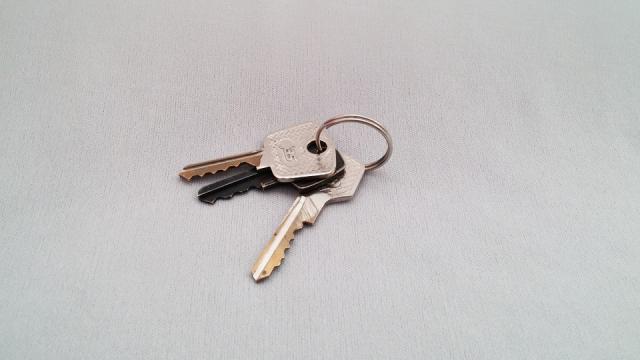There are high chances that the locksmith you’re going to hire during an emergency is a rip-off. How do you find an emergency locksmith these days? Using search engines like Google or maybe places like Yelp? A lot of the top listings are of frauds that overcharge and possibly cause you even more severe damage.
How do fraud locksmiths work?
Their modus operandi begins with Google. The algorithm the search engines use is still not advanced enough to recognize the illegal businesses.
Lead Gens
Most of the times there’s a gang that runs call centers that are nowhere near your location. Sometimes, they’re even situated overseas. They use some tricks to make Google display a wrong geographical area for them. The address you see on Google Map might not even exist.
When you search for an emergency locksmith on Google, they pop up at the top and give an impression of a legitimate, high-quality service provider. In real, those are just fake listings.
Once you give a call, these gangs than pass on your information to subcontractors. These contractors work on a sole motive – to make you pay as much as possible. Their work will always be way above the estimate shown to you. Also, it would be low-quality work that can put your vehicle/home under a significant risk.
According to NYTimes, these lead-gens have spread their roots to other services like carpet cleaning, home security, and garage door repair.
Ghost services
With good Photoshop and search engine optimization skills, a lot of fake listings seem to be more promising. In a lot of incidents where people could see a permanent building at the address mentioned in the listings, but in real, nothing but space exists at those places. They heavily rely on search engine ads (Google Adwords) to lure the customers.

Is Google causing this?
A lot of legitimate locksmiths, who are apparently losing the work because of these fake ones, have accused Google for this scenario. They say Google failed to put a stop on such fraudulent listings. Even after several redesigns and updates in the algorithm, this problem is rising.
A guy named Bryan Seely even wrote a book that explains how Google can be easily manipulated. He created 3000 fake listings and ended up writing a book called “The Cyber Fraud, The web of Lies.”
They enjoy a sort of immunity when it comes to law enforcement related to these kinds of frauds. They can’t be punished for user generated content. It turns out both Google Maps and Google Business Listings are user-generated.
How to avoid the fake locksmith scam?
The situation is better than it seems. The most obvious way to locate an emergency locksmith isn’t working properly, but you can certainly take some preventive measures to avoid being scammed.
- Read reviews before you hire. A lot of them can be fake too. Use your judgement to see if you can rely on the listed service or not.
- Try to pick a service provider from search results rather than ads. You can see a little label that tells you which results are ads.
- Look for platforms that provide you a list of legitimate service providers. See if they verify their addresses before listing them.
- Find a locksmith, visit their location and check yourself for future emergencies. It’s the best option if you travel around almost the same areas all the time (probably from your home to office and then back home).
We curated this piece after reading a report about such scams on this website which is highly trusted by one and all. The tips are general recommendations which we think can help you out to avoid scams. They might not be 100% effective but still, give them a try.


